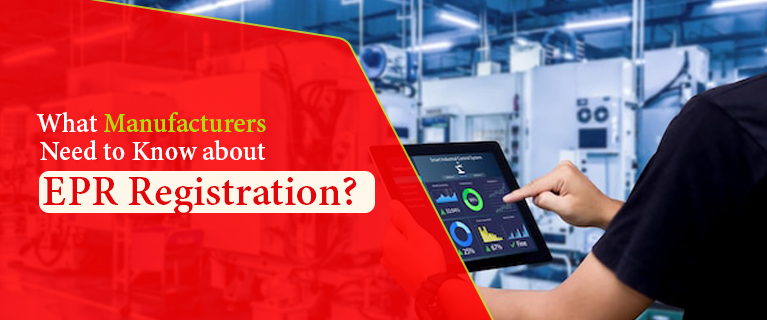Is EPR Certification Mandatory?
EPR stands for Extended Producer Responsibility, is a legal mechanism that is employed by governments all over the world. Brands and producers can establish a cradle-to-grave strategy with the aid of EPR, which will significantly lessen their reliance on virgin resources. In its 2016 Plastic Waste Management Rules in India were recommended using EPR. So, in India, is EPR Certification required? It is necessary for Producers, Importers, and Brand Owners (PIBOs) to acquire an EPR certification.
Why is EPR Certification Mandatory?
EPR certification is required in various situations and not just as a regulatory tool. EPR will streamline and aid in addressing the nation's increasing problems, speaking for the environment, brands, governments, and consumers. The reasons cited below are not exclusive to India; EPR is now required in many countries around the world.
• Increasing Production of Plastic and E-waste
EPR certification is a necessity in many circumstances and is not only used for regulatory purposes. EPR will improve efficiency and aid in resolving the nation's increasing problems because it advocates for the environment, brands, governments, and consumers. EPR is now required in many nations throughout the world for the reasons listed below; however, they are not exclusive to India. In India, 43% of all plastic produced is utilised for packaging, primarily as single-use plastic. The CPCB recently announced that single-use plastic will be banned in India beginning in January 2022. Since the ban was implemented, single-use plastic is now reducing in India.
• Streamlining Waste Management
According to the EPR waste management framework, PIBOs must implement effective trash collection and recycling procedures.
• Shift in waste management Towards Upstream
The local municipalities or Urban Local Bodies (ULBs) manage the garbage produced in the current situation. Waste management is now 'upstream' with the advent of EPR. To be more specific, the 3 models described by CPCB apply to how the waste generated is and must be managed by PIBOs in their different jurisdictions:
- Fee- based Model
- PRO Model
- Plastic Credit Money
• Aiming to Create a Circular Economy
The introduction of EPR Certification aims to create a circular economy from the pre-existing linear Economy. The development of the nation's desperately needed circular economy will be aided by the resource recovery from effective recycling. Recycling or a circular economy will assist in recovering valuable metals from e-waste and lessen the demand for ore extraction. A circular economy, on the other hand, will aid in defending the environment from the damaging consequences of incorrect disposal. A gradual shift to the circular economy will assist in reducing the waste thereby reducing the increasing pressure on the raw materials. This is one of the main reasons for the introduction of EPR Certification
Read Also This - Is EPR Certification Exempted For MSMEConclusion:
We hope that this blog has given you an insight on the EPR Certification and Registration. Note that the EPR Certification is mandatory for producers, Importers and Brand Owners.




Comments
Post a Comment